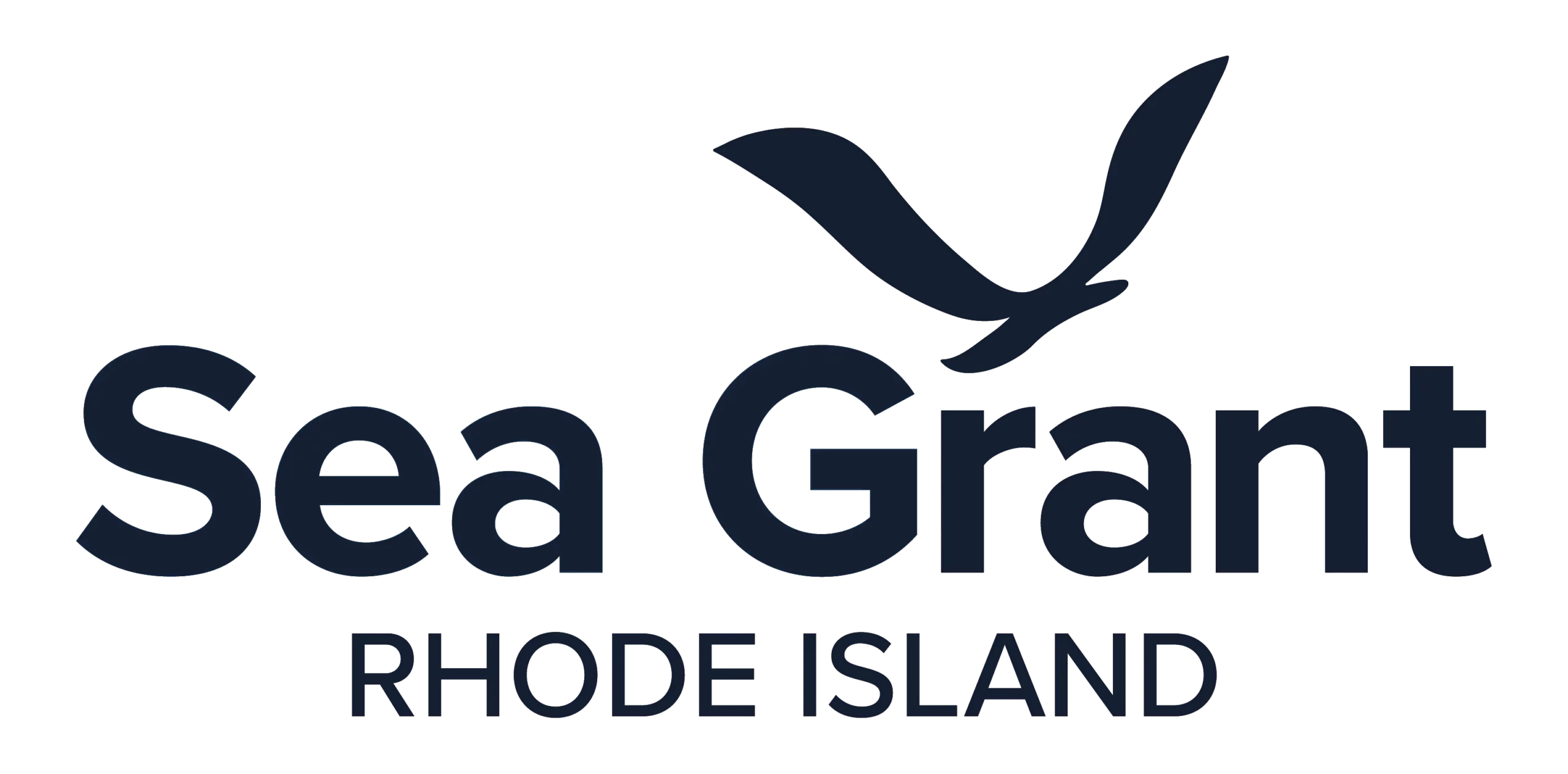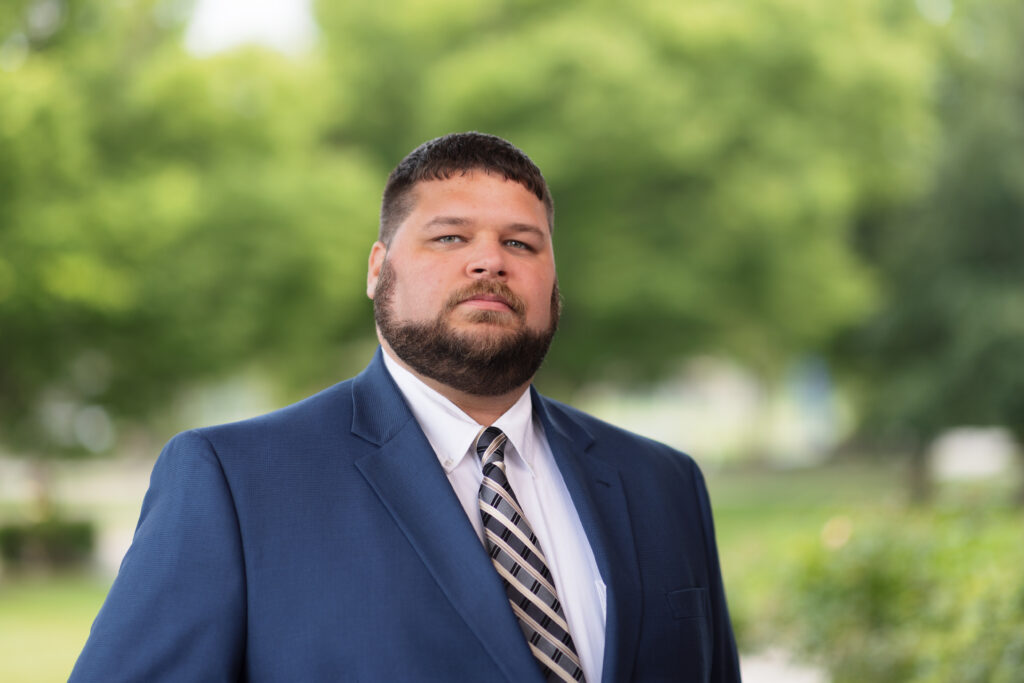Spending a year in Washington, D.C., working in a Congressional office or a federal agency on ocean and coastal policy can be an intimidating prospect for a graduate student more used to labs and lecture halls. But for Chris Perrett, whose career in federal service began over a decade ago, it’s a strategic step on a steady career path in marine law.
Perrett served for six years in the U.S. Coast Guard, working across the nation from Rockland, Maine, to Kodiak, Alaska. An interest in “being on the drafting side” of marine law brought him to the joint-degree program in which students earn a law degree from Roger Williams University (RWU) School of Law and a master’s in marine affairs from the University of Rhode Island. After graduation, he served as a research attorney for the Marine Affairs Institute at RWU School of Law.
While in law school, Perrett interned at NOAA’s Office of General Counsel, Oceans and Coasts, and applied for the 2024 Sea Grant Knauss Marine Policy Fellowship. He was one of 85 graduate students from across the country selected for the fellowship by the National Sea Grant College Program. His placement with the U.S. Committee on the Marine Transportation System has given him the opportunity to be heavily involved in interagency coordination for Arctic transport, maritime innovation, and offshore marine transportation policy projects.
During his fellowship, Perrett has helped update and publish national guidance on munitions in federal waters, connected with tribal leaders from Alaska Native corporations on a Bering Sea task force, and planned and hosted the Fifth Annual U.S. Federal Roundtable on Maritime Autonomous and Automated Technologies in the Marine Transportation System, which is a gathering of federal agencies to discuss their work with autonomous vessels and vessel systems, along with current and future challenges.
Strong connections within the Knauss Fellow and alumni community in D.C. have benefited Perrett’s interagency coordination role. “Really good support from Knauss and URI folks has made working with other agencies easier,” he says. He cites a new accountability program within the fellowship, in which small groups of fellows working in different parts of government meet every month or so, as a great form of peer support.
As his fellowship wraps up, Perrett is hoping to stay in government, focusing on maritime or marine transportation policy. He notes that his military service offers transition assistance that should combine with his Knauss professional development and networking opportunities to help him achieve his next career goal.
—By Georgia Young, Rhode Island Sea Grant Graduate Communications Fellow
The Knauss Fellowship is a one-year paid opportunity for current and recent graduates from advanced degree programs to apply their scientific knowledge and experiences to current issues in science, policy, and public administration. Students who are enrolled in or have recently completed master’s, Juris Doctor, and Doctor of Philosophy programs with a focus and/or interest in marine and coastal science, policy, or management apply to one of the 33 eligible Sea Grant programs. Graduate students at Rhode Island-based universities interested in the 2026 Knauss Fellowship should contact Kim Ohnemus by January 17, 2025, for application information.
For more information on the Knauss program, visit the National Sea Grant College Program Knauss page.

